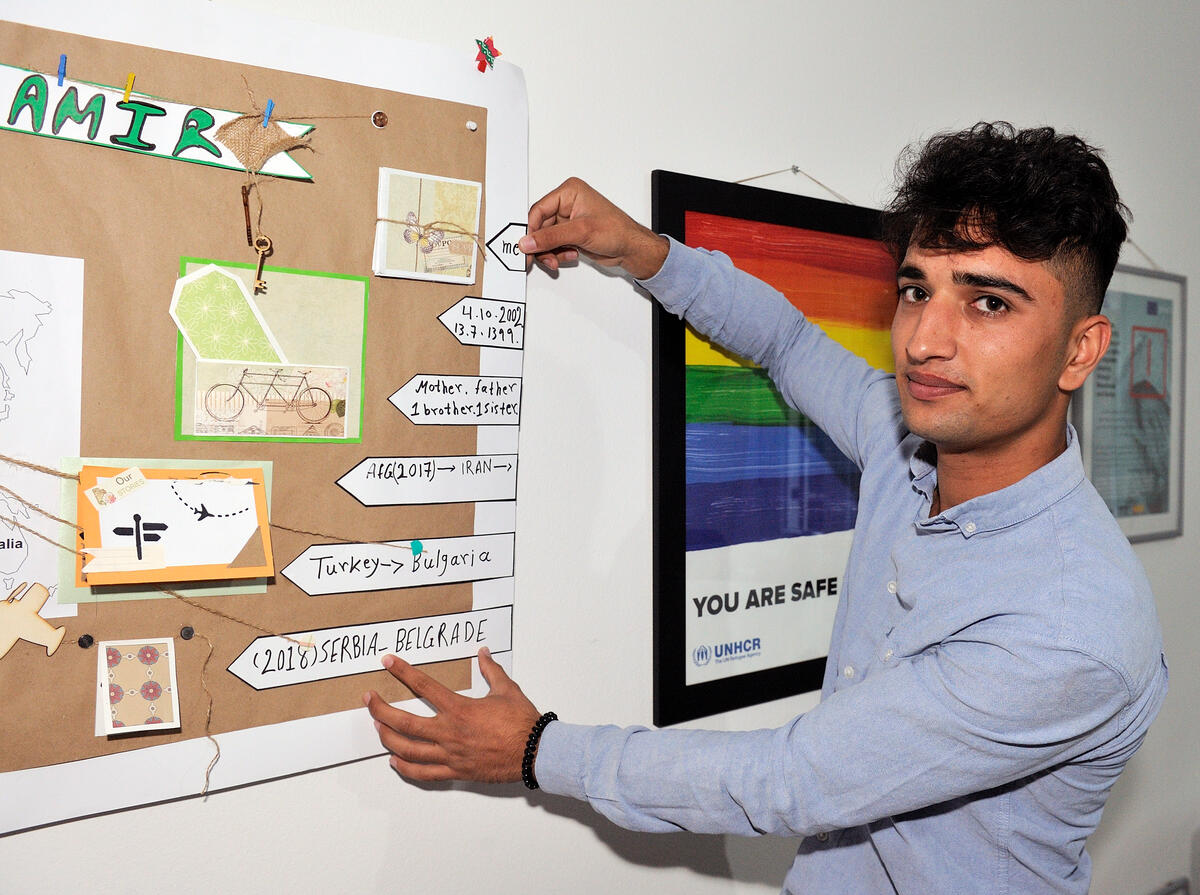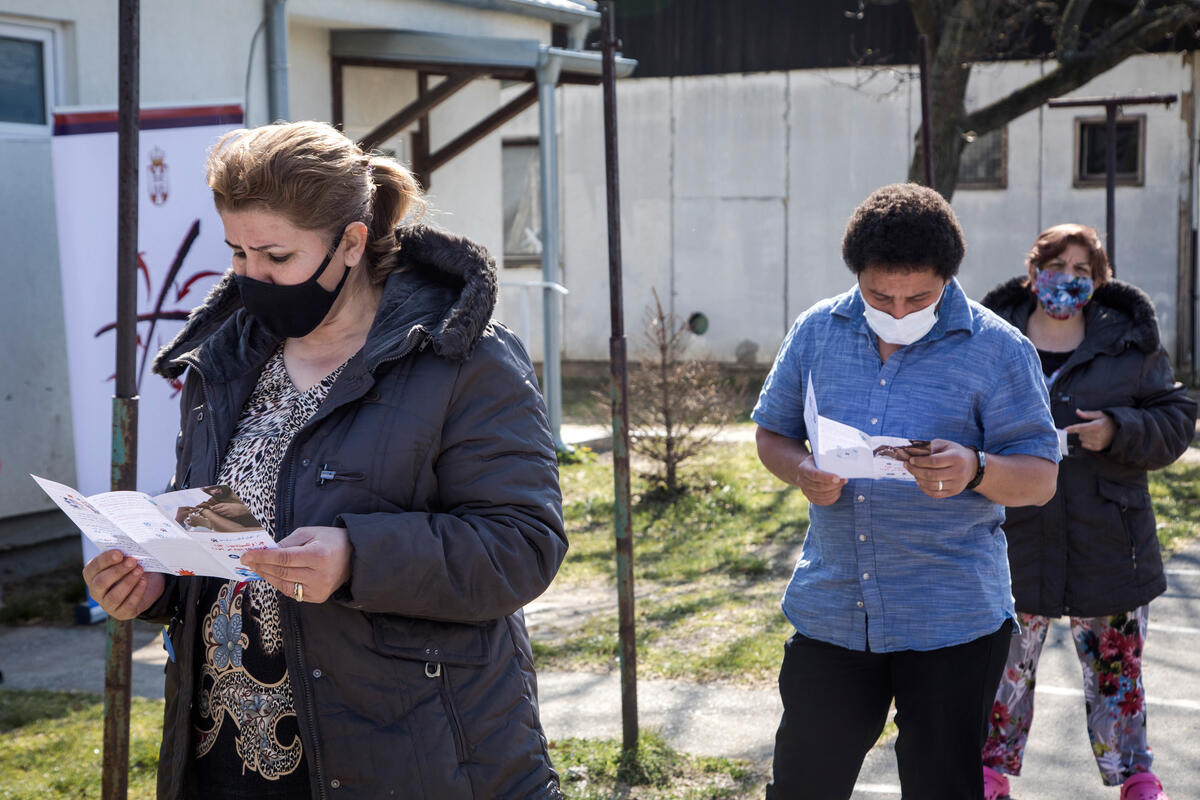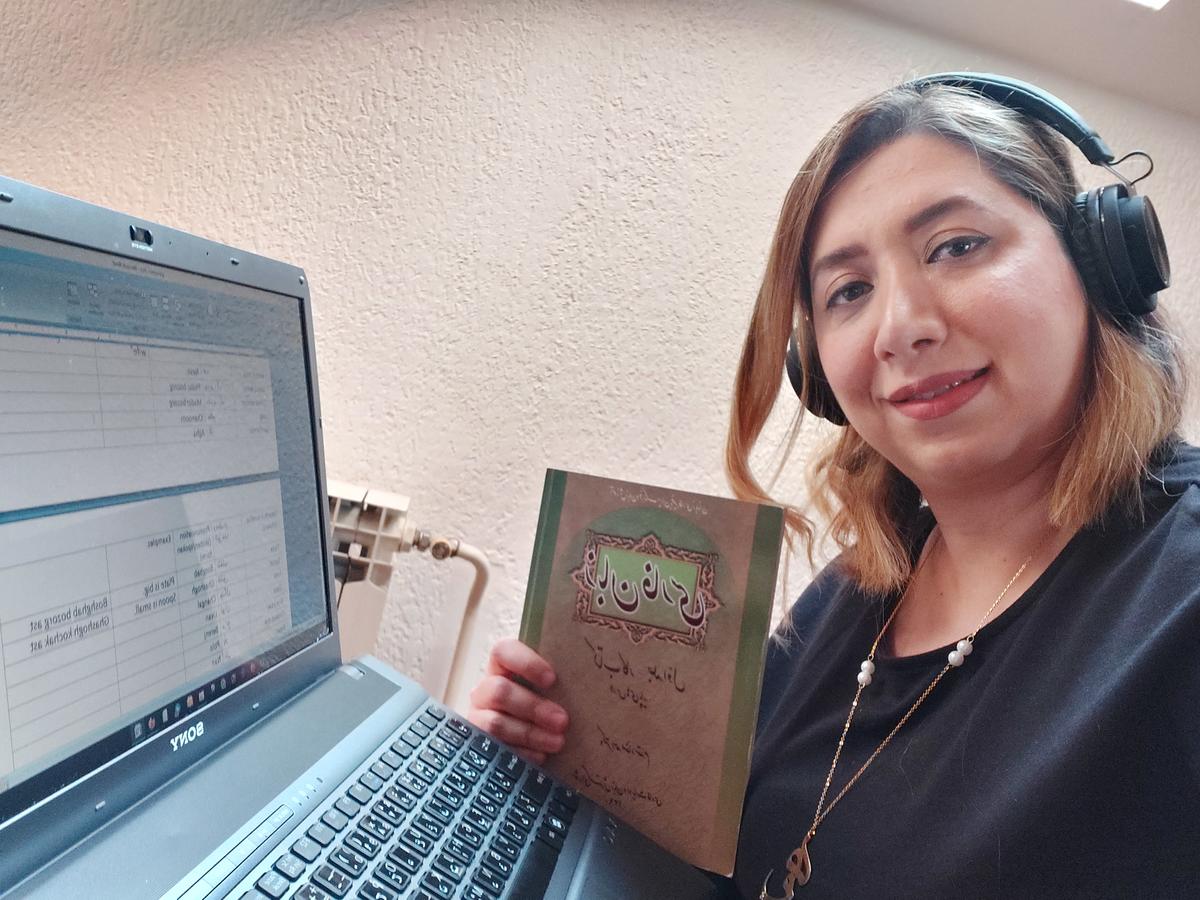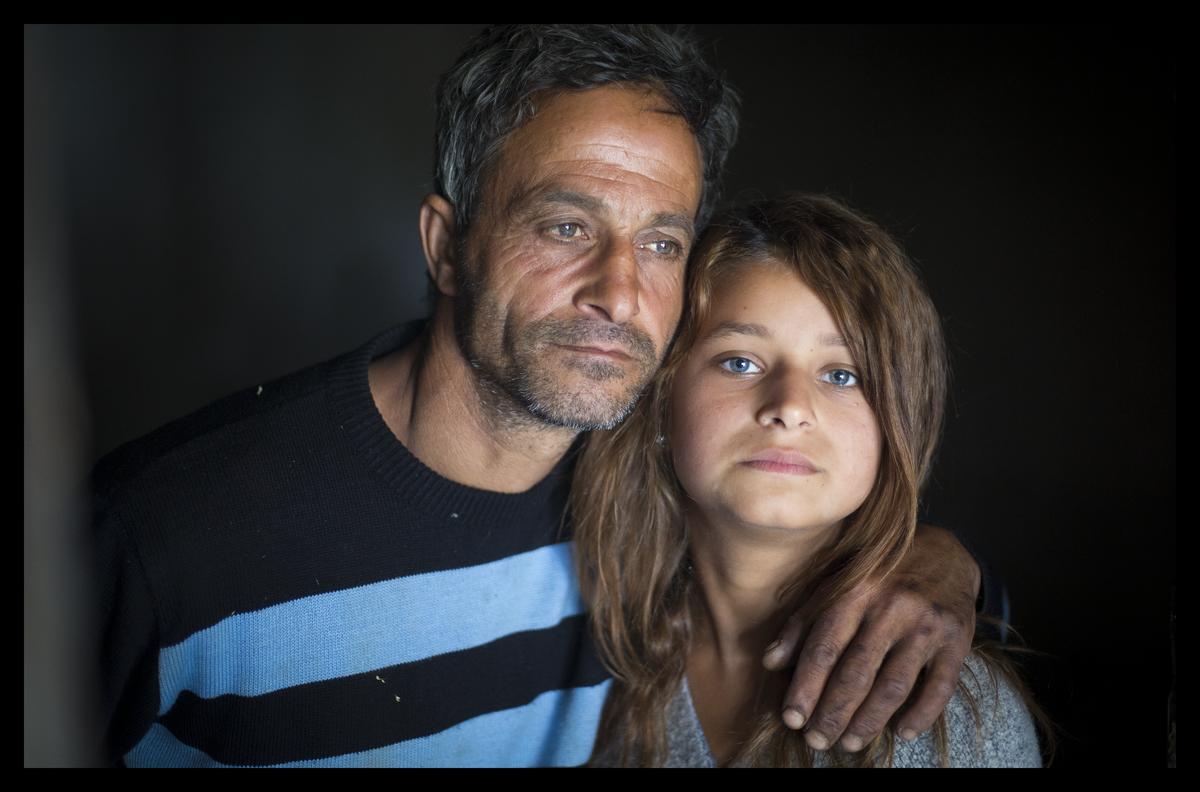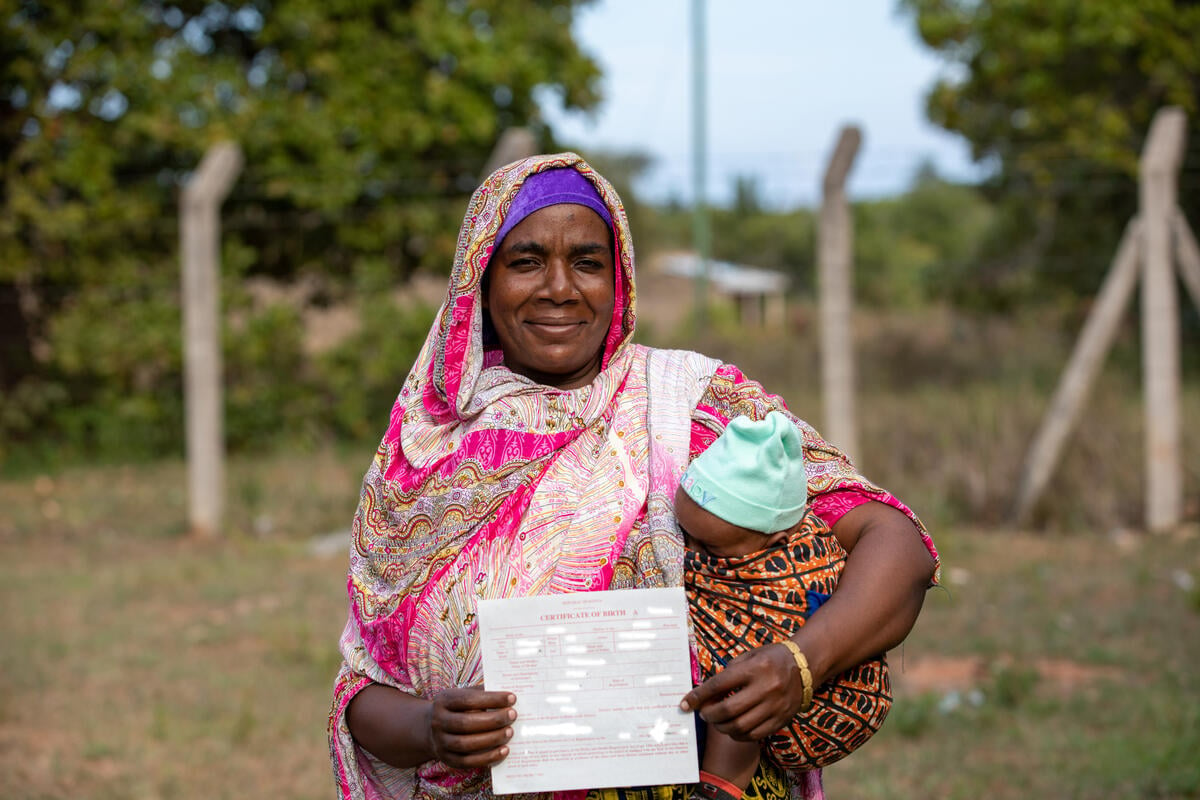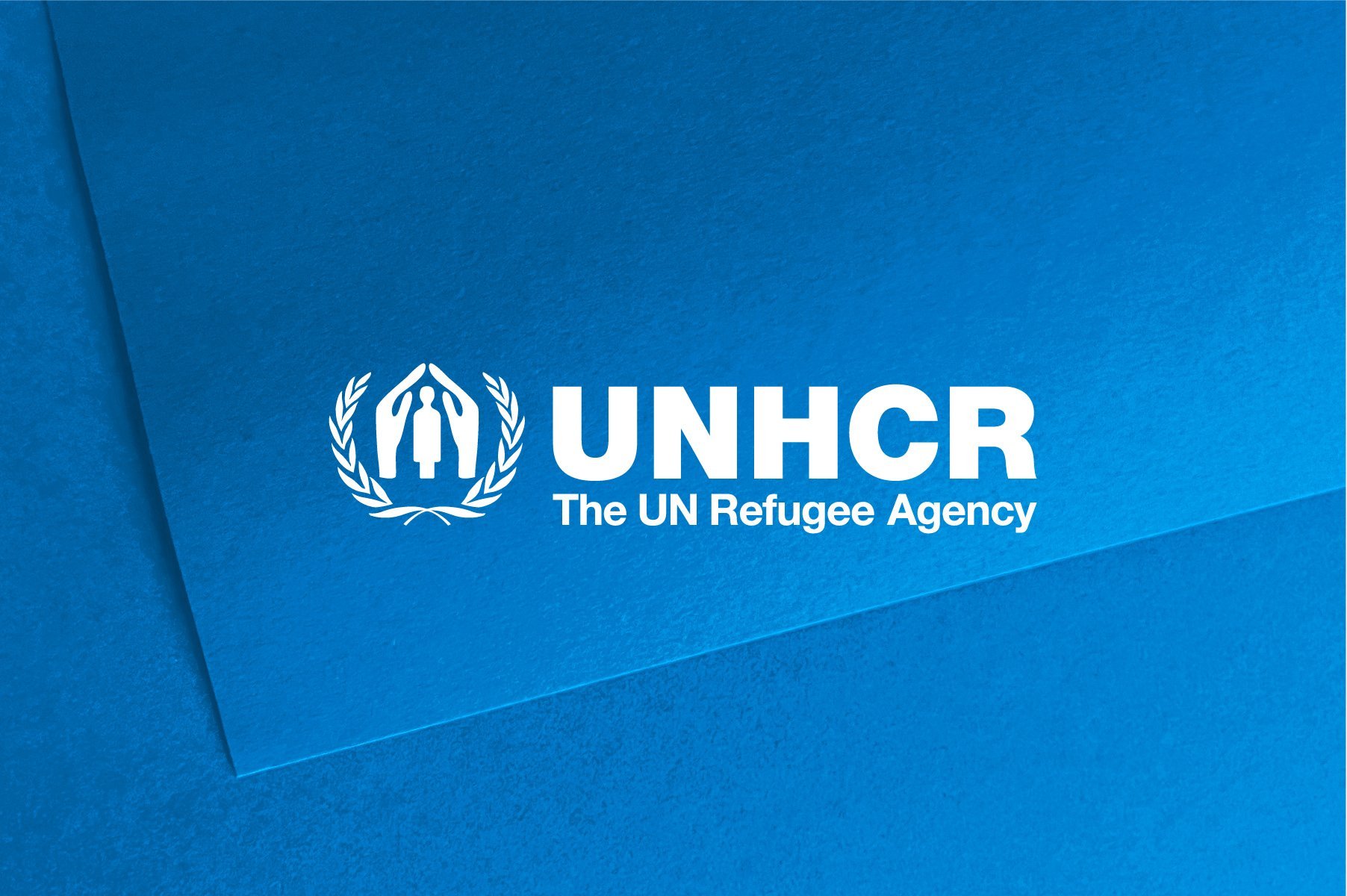Kosovo Crisis Update
Kosovo Crisis Update
The Exodus
The exodus from Kosovo continued unabated throughout Tuesday night and early Wednesday morning. The number of people who have left the province in the last week is now more than 130,000 and climbing every hour.
In the most dramatic development, a 12-car train arrived in Macedonia carrying between 2,300 to 3,000 people from Pristina and the Urosevac area of Kosovo. The arrivals told UNHCR staff at the scene that they had been forced from their homes by gunmen who threatened they would be shot unless they left. As they boarded the train some said they could see their homes already being torched. When the train arrived in FYR Macedonia, passengers were being taken by bus to an abandoned airfield near the capital where a temporary processing centre was established.
Earlier in the day, another train carrying some 400 people was allowed into Macedonia after being turned back the previous evening. Passengers were registered at two local Red Cross tents and then taken by bus to Skopje.
An estimated 4,000 people who had spent several nights in mountains bordering the frontier and who had slept in the open in freezing conditions for several days to avoid Yugoslav military patrols also arrived in Macedonia Wednesday. Several women gave birth en route. Some people arrived barefoot. Most people had only the clothes they wore. There were more men among the arrivals than in previous days. Some people displayed passports and other documents ripped by by Serb authorities. Some auto plates had also been confiscated. UNHCR teams spent several hours negotiating with patrolling Macedonian troops to allow the Kosovars entry and when it was granted there was a "rush to safety."
At the official crossing point, cars were being processed at the rate of only one an hour early in the day though conditions improved later. A long line of at least 100 vehicles snaked back into Kosovo from the frontier and an estimated 7,000-10,000 people were waiting for permission to enter Macedonia. Tuesday night masked men in uniform moved from car to car in one stretch of the queue, robbing passengers of valuables. Many arrivals came from central Kosovo and UNHCR officials expressed concern about the fate of many others left behind in that region, since there was no information about their whereabouts.
In Macedonia, many new arrivals were received at a school building where they were also given bread, juice and milk. The local Albanian community offered to shelter the majority of people who had arrived up to this point.
In the Albanian town of Kukes, more than 16,000 people arrived Tuesday and a further 4,500 during the early hours Wednesday, bringing the total who have arrived in that one spot to nearly 90,000. More continued to arrive during the day and an estimated 20,000-25,000 people were reported 'en route' from Kosovo to the border. The latest arrivals said they had encountered landmine explosions en route and there had been 'casualties.' At least one baby reportedly was killed. Several men arrived with shrapnel and gunshot wounds, but there was no further information on the background to these incidents.
UNHCR beefed up its presence in the region, with officials at the border, helping at the local reception centre, purchasing food locally and arranging for new supplies, including tents, additional food items and medical supplies to be shipped in.
At least 40,000 Kosovars have been moved from Kukes to other parts of Albania where they can be better cared for.
A 12-member UNHCR emergency team was en route to Albania from Geneva and other UNHCR offices in the region were receiving reinforcements.
Emergency meeting
The European Union Presidency (Germany) scheduled a meeting Thursday in Bonn to discuss the situation, in particular coordination of relief efforts. Participants will include EU representatives from Germany, Austria and Finland - the current, past and future presidencies commonly known as The Troika - together with regional countries, High Commissioner Sadako Ogata and other international officials.
The High Commissioner will later chair a meeting in Geneva on April 6 of the Humanitarian Issues Working Group of the Peace Implementation Council which will also discuss protection, assistance and other humanitarian issues.
More than 50 countries and some 30 UN and international agencies as well as non-governmental organizations were invited to the meeting starting at 10 a.m. in the Palais des Nations in Geneva.
The Peace Implementation Council was established to implement the 1995 Dayton Peace Agreement on Bosnia and Herzegovina. The Humanitarian Issues Working Group was absorbed by the PIC and makes recommendations to that body on humanitarian issues.
More aid en route
Italy reported a flotilla of naval ships taking part in Operation Rainbow has started to ferry supplies to Albania to shelter 25,000 persons. The supplies include a mobile hospital, trucks and buses. An Italian government team flew to Tirana to coordinate relief efforts with local agencies.
Germany prepared to send supplies worth nearly $1 million including food and sanitation kits to Montenegro and emergency shelter kits to Albania. The Bonn government earmarked DM25 million in other emergency aid.
In addition to the $8.5 million made available to UNHCR, the United States is also contributing tents, blankets, plastic sheeting, thermal clothing and sanitation kits to the relief effort. It will donate an additional $8 million to NGOs, send an additional emergency team to Albania and meet 30 percent of the needs of the World Food Programme.
The European Union made two million Euros immediately available and said an additional 10 million Euros were in the pipeline.
Other nations including the United Kingdom, Australia, France, Turkey, Switzerland, Canada and Sweden were preparing various aid packages.


